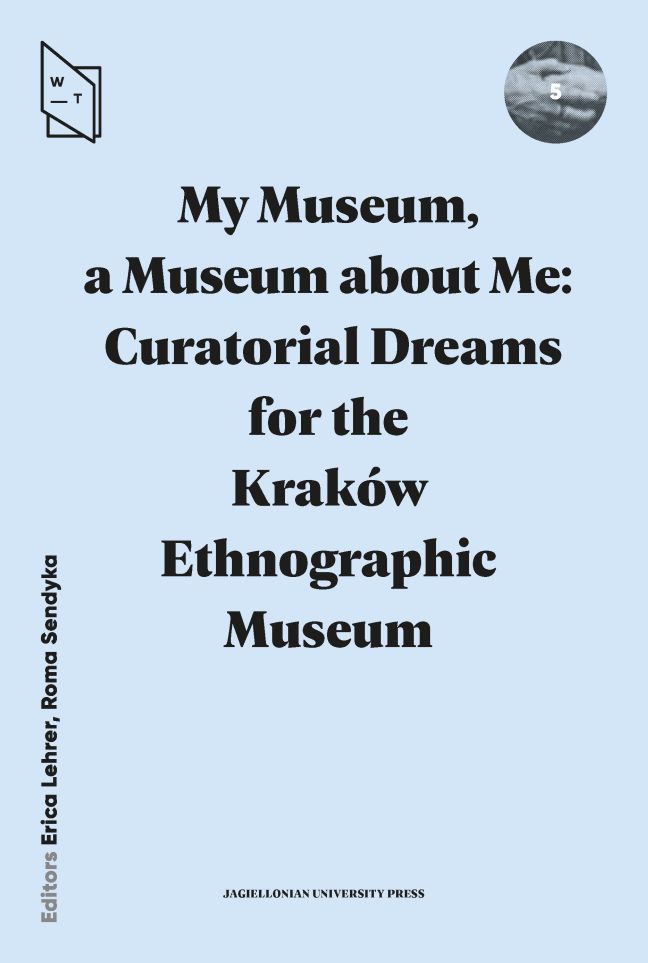From “Heritage Communities” to “Communities of Implication”
Published online by Cambridge University Press: 01 March 2024
Summary
“Objects, then, make subjects; subjects make objects.”
Whose heritage is represented by colonial-era museum collections? Who do our caretaker institutions expect should feel bound together by “cultural objects”—in what ways, and to what ends?
Such museums were built around notions of demarcated, static cultures, and organized their collections such that the artefacts contained in them were understood as evidence of the pre-existing identities of these “cultural groups.” Progress has been made in social and cultural theory to make space for intra-group heterogeneity, intergroup hybridity, historical change, and nuanced understandings of human-object relations. But museum classification systems, outreach efforts, and display regimes have not generally kept pace. While theorists are unconstrained in their writing and speaking to develop more accurate and capacious conceptions of social and cultural complexity, how can we express such new notions materially? How, that is, do we think (and theorize) through things?
“Universalist” museums in Western metropoles engaged in debates about the restitution or retention of colonial-era objects have used particular notions of human-human and human-object connectedness to establish their claims to ownership or custodianship. Such institutions have increasingly publicly recognized the complex meanings and agencies the objects their collections contain due to the far-flung itineraries that led them there. But there has been predictable bias towards concepts that uphold the status quo of housing and managing collections in their current institutional homes, and a corresponding reluctance to embrace notions of relatedness that might question these relations of power. Thus one clear area of development in museum thinking has been to develop new ideas about the ways that foreign, colonial-era objects can be seen to have today become the cultural property or heritage of the collectors’ and museums’ cultural communities—becoming part of, say, British, French, or German national patrimony—by virtue of the decades or sometimes centuries they have been in their care. While this idea is not without intellectual merit, it underpins conservative arguments that obscure the frequently unethical facts of the provenance histories in question.
The idea of “source communities,” or “the people from whom collections originate,” has been a progressive development in the debate about so-called “cultural property.”
- Type
- Chapter
- Information
- My Museum, a Museum about MeCuratorial Dreams for the Kraków Ethnographic Museum, pp. 65 - 80Publisher: Jagiellonian University PressPrint publication year: 2023

